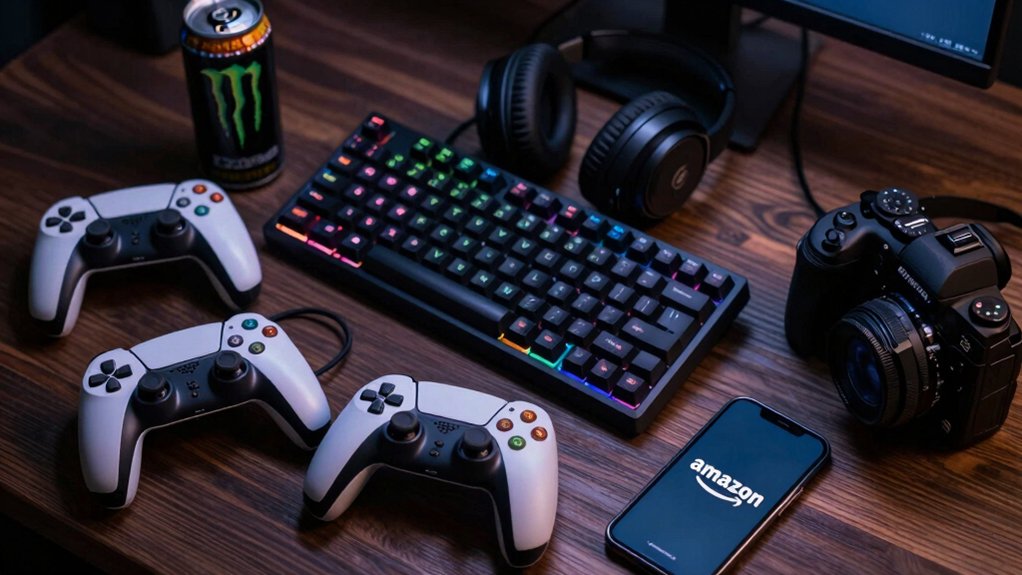Do you need help organizing successful group study sessions?
A facilitator can be the key to success! Facilitators provide support and guidance for group learning, and they have the skills and qualifications to ensure that everyone is engaged.

Learn more about how to prepare for a group study session and the strategies facilitators use to ensure success.
Benefits of Having a Facilitator in Organizing Group Study Sessions:
- Structure and Organization: A facilitator helps establish a structured format for the study session, ensuring that the group stays focused and on track. They create an agenda, set goals, and allocate time effectively, ensuring maximum productivity.
- Enhanced Collaboration: Facilitators encourage active participation and collaboration among group members. They create an inclusive environment where everyone’s ideas and perspectives are valued, fostering a sense of teamwork and cooperation.
- Clear Communication: A facilitator ensures that information is effectively communicated within the group. They facilitate discussions, ask clarifying questions, and ensure that everyone understands the concepts being discussed. This helps prevent misunderstandings and promotes a deeper understanding of the material.
- Conflict Resolution: In any group setting, conflicts or disagreements may arise. A facilitator is skilled in managing conflicts and guiding the group towards a resolution. They can mediate discussions, encourage respectful dialogue, and find common ground among group members.
- Time Management: Studying in a group can sometimes lead to distractions or inefficiencies. A facilitator helps manage time effectively, ensuring that the group remains focused on the task at hand. They can set time limits for discussions, provide reminders, and keep the group on schedule.
- Motivation and Accountability: Facilitators play a crucial role in motivating group members to stay engaged and committed to their study goals. They can provide encouragement, track progress, and hold individuals accountable for their contributions. This helps maintain a productive and positive study environment.
- Resource Management: A facilitator can assist in gathering and organizing study materials, such as textbooks, reference materials, or online resources. They ensure that these resources are readily available to all group members, making the study process more efficient and effective.
- Skill Development: Group study sessions offer an opportunity for participants to develop various skills, such as critical thinking, problem-solving, and effective communication. A facilitator can guide and facilitate activities that promote the development of these skills, enhancing the overall learning experience.
- Peer Support and Learning: A facilitator fosters a supportive and collaborative atmosphere where group members can learn from one another. They encourage peer teaching and sharing of knowledge, allowing participants to benefit from different perspectives and insights.
- Reflection and Evaluation: After the study session, a facilitator can lead a reflection or evaluation process to gather feedback from group members. This allows for continuous improvement and helps identify areas where the group can enhance their study strategies or address any challenges faced.
Having a facilitator in group study sessions helps optimize the learning experience by providing structure, fostering collaboration, resolving conflicts, managing time effectively, and promoting accountability. Their presence ensures that the study session runs smoothly and creates an environment conducive to effective learning and knowledge sharing.
How a Facilitator Supports Group Learning
You can count on a facilitator to support group learning in many ways. By conducting self-assessments, a facilitator can help the group identify their individual and collective strengths and weaknesses, and create a plan for using the strengths to improve the weaknesses. A facilitator can also provide guidance and advice to help the group reach their collective goals.
Facilitators also help the group stay on task and focused on their objectives. They’re able to do this by providing clear instruction, and by encouraging open communication and collaboration. This includes using activities and exercises to motivate the group, and providing feedback on progress to keep everyone motivated.
In addition, facilitators can help the group learn from each other. Through peer teaching, members can share their knowledge and experience with the group. This can be done through group discussions, presentations, and brainstorming activities. The facilitator can also help to identify areas where further learning is needed, and facilitate the development of new skills and strategies.
Lastly, facilitators can help the group review their progress regularly. This can include having the group reflect on what they’ve learned, and identify areas where they need to develop further. A facilitator can also provide feedback to the group on how they’re doing, and help them come up with strategies for improvement.
Facilitator Skills and Qualifications

To be an effective facilitator in a group study session, you must possess certain skills and qualifications. These skills include:
- Active Listening:
- Remaining focused on the speaker
- Showing attention and understanding
- Asking pertinent questions
- Problem Solving:
- Identifying potential challenges
- Developing solutions
- Assisting with decision-making
- Positive Reinforcement:
- Encouraging group members
- Offering praise
- Celebrating success
Being a facilitator for a study session requires patience, understanding, and an encouraging attitude. To ensure success, the facilitator must be able to engage with each individual in the group and understand their strengths and weaknesses.
This allows them to be able to help the group achieve their goals and foster a collaborative and productive atmosphere.
Additionally, the facilitator should be able to provide guidance and support to the group while also stepping back and letting the group take the lead.
Preparing for a Group Study Session
Before the group study session begins, you must prepare. As the facilitator, you must ensure that everyone is working together to stay focused on the task at hand.
First, review the material that you’ll be covering with the group, and make sure that you understand all the concepts. Then, create an agenda for the meeting with the topics that will be discussed and the amount of time that will be devoted to each one. This will help you stay on track during the group study session.
Next, be sure to provide all the materials that the group will need. This could include textbooks, notes, handouts, laptops, or other materials. You should also make sure that the space is comfortable and conducive to learning, so that the group can stay focused and on task.
In addition, you should come up with a few activities that the group can do together. This could be something like a quiz or a discussion about the material. These activities will help the group stay engaged and motivated to learn.
Strategies for Successful Facilitation

As a facilitator, you must use certain strategies to ensure the group study session is successful.
To do this, you must consider both the group dynamics and the goals of the session. Here are two key strategies to keep in mind:
- Brainstorming:
- Make sure the group is comfortable enough to share their ideas.
- Encourage the group to come up with creative solutions.
- Time Management:
- Set achievable goals and establish a timeline for the group.
- Keep the conversation focused and on track.
You must also be able to identify and address any issues that arise during the session. This could include conflicts between group members or a lack of motivation. By using brainstorming and time management, you can create a productive and positive environment for the group to work in.
Frequently Asked Questions [FAQs]
How Often Should a Facilitator Meet With a Group Studying Session?
How often you meet with your group is up to you; however, peer learning and collaborative problem solving are key to success. Aim to meet as often as necessary to ensure progress.
What Are the Most Effective Methods for Keeping a Group on Task During a Study Session?
As a facilitator, you can keep a group on task by encouraging collaboration, setting goals, and providing clear directions. By doing this, you will help the group stay focused and productive.
What Resources Are Available to a Facilitator to Help Plan and Organize a Group Study Session?
As a facilitator, you have access to a variety of resources to help plan and organize a group study session. Utilize collaborative learning and focus on group dynamics to ensure a productive session.
What Techniques Can a Facilitator Use to Encourage Group Discussion?
As a facilitator, use collaborative brainstorming and effective communication to encourage group discussion. Encourage openness and constructive criticism, and focus the conversation on the topic at hand.
What Challenges May a Facilitator Face When Organizing a Group Study Session?
As a facilitator, you may face challenges engaging students and managing time during group study sessions. Focus on building enthusiasm, structuring conversations, and setting clear expectations.
Conclusion
Having a facilitator for group study sessions is beneficial for all involved. Not only do they support the learning process, they also possess the skills and qualifications necessary to lead the group.
With proper preparation and successful facilitation strategies, facilitators can ensure an effective group study session experience for everyone. There’s no better way to ensure everyone is on the same page and that learning goals are achieved.




Leave a Reply